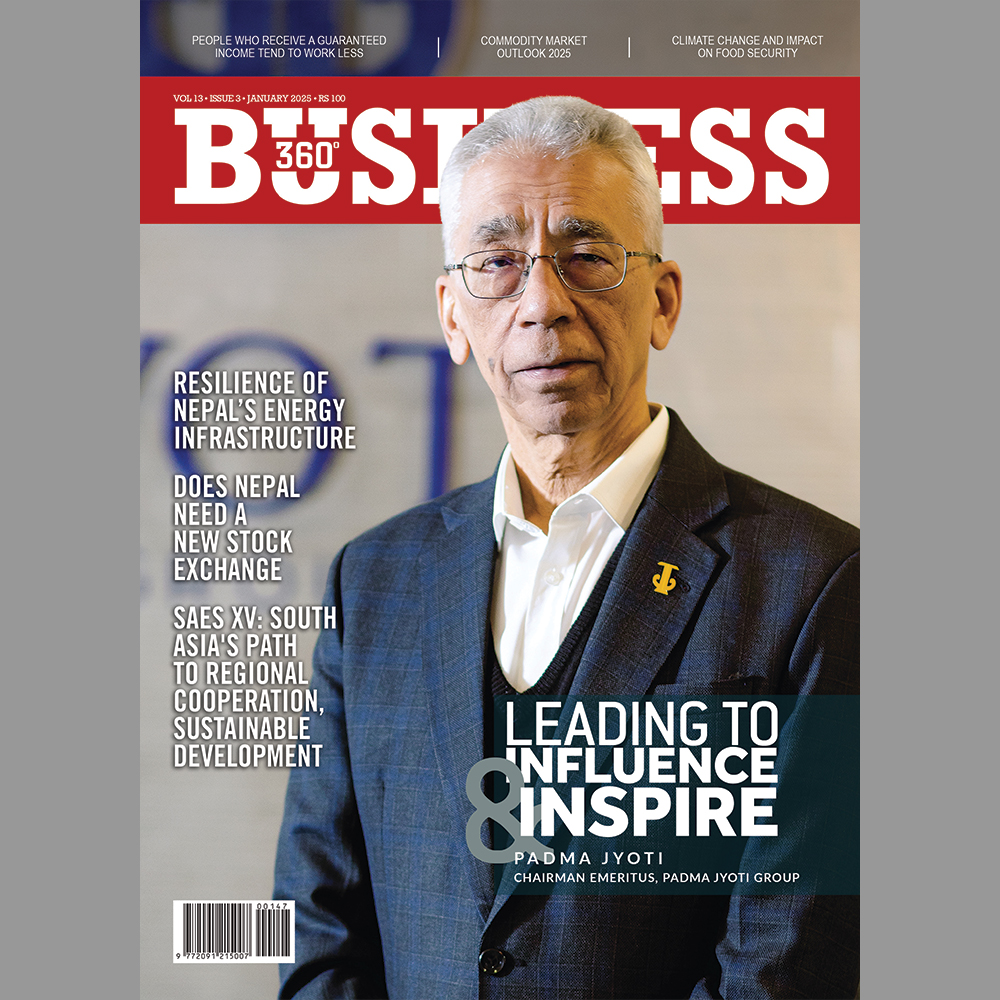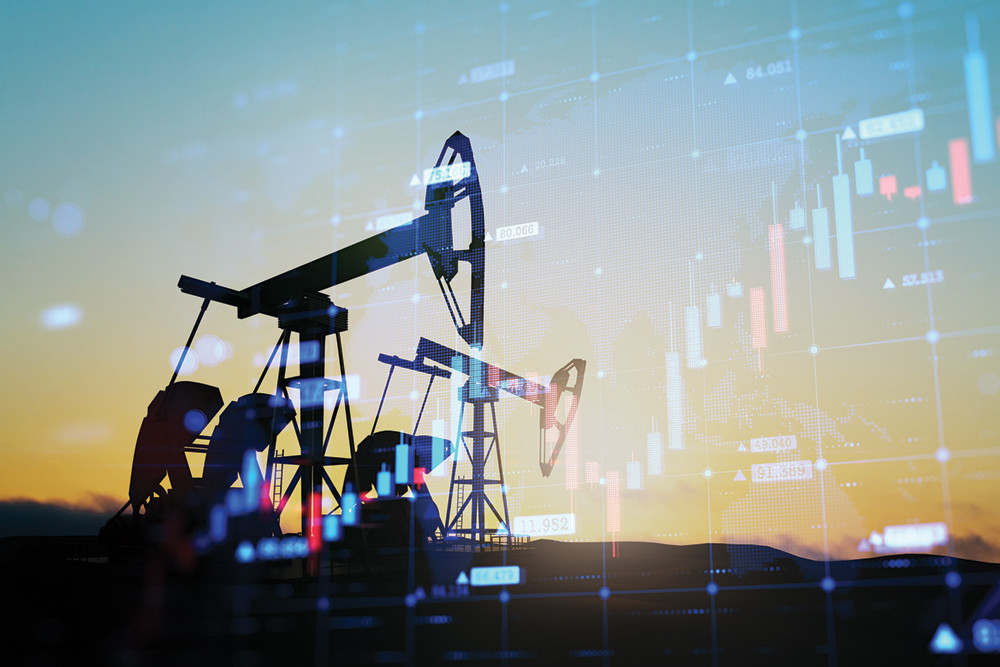
The most iconic photo of the last few days was undoubtedly the one where US President Donald Trump greeted the North Korean Supreme Leader Kim Jong-un at a historic summit in Singapore. The eyes of the globe were on this meeting as the two leaders - once at loggerheads with each other - finally agreed to put their egos aside for greater good of their respective nations and the world. This summit had the financial markets scurrying for cover as all asset classes were driven by it. While the complete details from the summit are yet to be disclosed, financial markets are bracing for a few more political events which could pose similar interests from all over the world.
Elections
There are a number of elections which will be held around the world. The elections for the post of Mexican President is scheduled for July 2018. The front-runner is Andres Manuel Lopez Obrador, the former Mayor of Mexico. Although his focus is on removing inequality and government corruption, all the candidates are seemingly anti-USA. In retaliation, the US will probably announce its withdrawal from NAFTA before the elections are held. The Mexican peso is in the spotlight and is extremely vulnerable. Corn could fall if NAFTA is abandoned bringing relief to scores of consumers around the world.
Assuming no one receives plus 50% votes in Round 1, Brazil will elect a new President in Round 2 elections on October 7 and 28. Given that over a dozen candidates are running-legislators, former cabinet officials and a Supreme Court Judge, the candidate leading the race is a prosecuted President running from prison. While it is early to call the elections, the currency is already digesting the risks influencing coffee and soybean prices.
Among others, the US will have its Congressional elections on 6 November. Given President Trump’s eccentricities, it would not be a surprise if the Democrats retake control of the House of Representatives. However, chaos could penetrate the financial markets if the House goes Democratic and the Senate stays Republican and the equities and commodities markets will be in the spotlight vis-à-vis the US election in November 2016.
Shinzo Abe, the Prime Minister of Japan, won a decisive parliamentary victory in 2017, but, at the moment he is not popular in his own party. The Liberal Democratic Party will conduct its congress in September to elect a new leader who will assume the role of the next Prime Minister. Volatility in the Japanese Yen is anticipated and likewise the effect on the commodities namely crude oil and copper, especially if a new leader were to review the policies of Bank of Japan.
Trade Wars
In global trade, trade wars can escalate and disseminate in a blink of an eye. Although the equity market tend to react negatively, the impact on the commodity markets can be viewed in a separate manner i.e. the markets will rise in such scenarios as the air of uncertainty will erupt. In reality, the impact of a trade war on the US and the global economy will be relatively small. But the effect on the commodity market will be humongous with nations resorting to tariff calls to build a war over its rivals. The agro-markets are definite targets. The soybean markets will be hit if the US-China relations wane and corn in case of Mexico and NAFTA.
BREXIT
The iconic BREXIT incident which hit the equity and gold markets hard in June 2016 will return to haunt market participants in March 2019 when Britain’s membership of the EU lapses. The market was awash with chaos while we witnessed results unfolding of Britain’s desire to exit the EU in the referendum. A similar fate awaits the markets as D-Day approaches. Gold traders will have a field day again.
China
In recent days, China and the US have been going against each other applying sanctions and embargos on past treaties and partnership. As an addendum to the already publicised trade disputes, the US and China are also driving the rhetoric over the Chinese establishing military bases on artificial islands built in the South China Sea. The islands have vital implications for oil and natural gas exploitation. While this aspect may drive prices up, the settlement of this issue will inevitably see prices come crashing down with supply increment.
Conclusion
With political risks rising, an elevated risk for sudden price moves is anticipated. The challenge for risk managers is that extreme scenarios must be debated and comprehended. As events occur, such as an election, the results will become known and prices often move quickly to reflect the prevailing situation. Traders are advised to remain updated on such occurrences and take necessary arrangements to offset risks arising from such instances as we move towards challenging days ahead.
Vivek Risal is associated with Mercantile Exchange Nepal Limited in the capacity of Manager in Research and Development Department. He can be contacted at r&[email protected]





